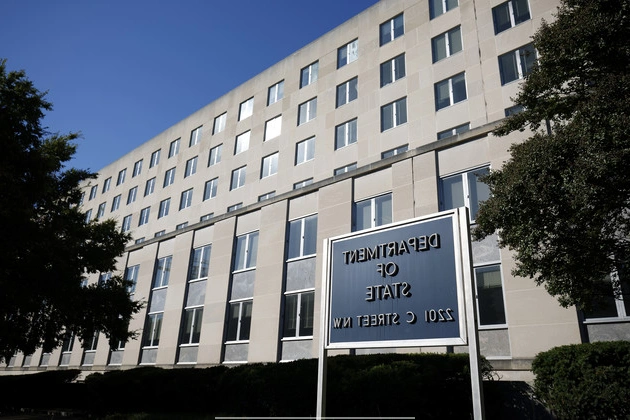
Recently, board members of the Fulbright Scholarship Program made headlines by announcing their resignation in protest against what they view as the Trump administration’s politicization of the program. This move comes amidst ongoing tensions between the White House and universities nationwide.
The Resignation Announcement
In a memo released by the board members, they stated that they had unanimously decided to resign due to the actions of political appointees at the State Department, the program’s overseeing body. Notably, the 12-person board was appointed during the tenure of former President Joe Biden.
Issues with Scholarship Awards
The Fulbright Program, known for granting around 8,000 scholarships annually to academics, faced a significant challenge when the State Department intervened in the awarding process for the 2025-2026 academic year. This interference led to the denial of scholarships to a substantial number of individuals in various fields like biology, engineering, medical sciences, music, and history.
Reasons for Resignation
The board members clarified that their resignation was a serious decision made in response to the administration’s repeated disregard for the board’s recommendations, which they believe to be in violation of the law. They expressed concerns that continuing to serve under such circumstances would compromise the program’s integrity and America’s credibility on the global stage.
Reactions and Confirmations
While the Fulbright Program redirected queries to the State Department, Senator Jeanne Shaheen confirmed the mass resignation, acknowledging the board’s stance against a politicized process. Shaheen also highlighted the potential impact on the quality of Fulbright initiatives and independent research.
Changing Board Dynamics
Following the resignations, the Fulbright Foreign Scholarship Board’s webpage showed a significant reduction in members, with only one individual listed. This shift marked a departure from the previous composition, which included alumni from the Biden administration.
Program Legacy and Integrity
Established nearly 80 years ago by Congress, the Fulbright Program aims to foster mutual understanding and peaceful relations between the U.S. and other nations. The board emphasized the program’s legacy of merit-based selections and its historical achievements, which have been marred by recent political interference.
Call for Integrity and Independence
The board reiterated its commitment to upholding the program’s values of integrity and independence from political influence. Despite raising legal concerns and objections with senior officials, the board received no acknowledgment or response, leading to their collective resignation.
Conclusion
In conclusion, the Fulbright Program’s recent turmoil underscores the challenges of maintaining academic integrity in a politically charged environment. The ripple effects of these resignations may impact future scholarship decisions and international collaborations within the academic community.











